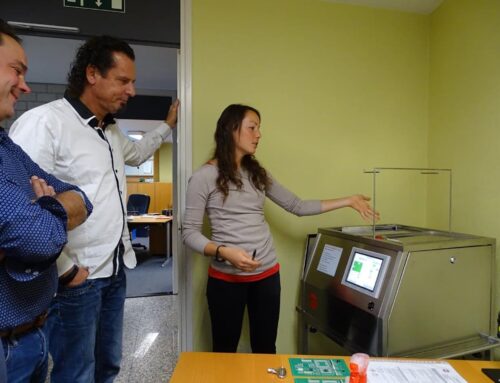Before we dig into the subject of preventing cybercrime, we would like to explain a few terms. You hear a lot about cyberattacks, in these Corona times too, and about security breaches, data theft, etc. What does all this mean?
Hackers or hacker groups have developed so-called malware to support or facilitate their criminal activities. Their aims are the following:
- Stealing codes to get access to the bank account of a victim
- Displaying advertisements on the computer of a victim
- Illegally hi-jacking the capacities of the computer of a victim to conduct spam campaigns, to support attacks on other networks (the so-called Distributed Denial of Service) or to extort others.
There is an obvious solution: anti-malware software. These are software programmes that recognise and destroy harmful software. More expensive versions of anti-malware software even offer protection to everything stored in the Cloud and on other data carriers such as mobile phones and tablets. However, if you research these more expensive anti-malware programmes in more detail, you find that they too cannot offer 100% security. This is due to the factor time. These programmes are in fact already outdated by the time they hit the market, because criminals move fast and stay many steps ahead. As soon as they know that one type of malware no longer works, they develop a new version. Be that as it may, anti-malware does contribute a lot to preventing hacker attacks.
From our own experience we know that buying anti-malware software once is not enough. Regularly updating existing software is just as important as protecting our system with anti-malware software.
The protection of the system is one side of the coin. Keeping staff updated about security issues is another. Recently one Dutch university sent its own staff and students a phishing email that they had construed themselves. The result was alarming. Nearly 30 per cent of the addressees, so over 5000 persons, opened the email. They did so in spite of the warnings they had received in the preceding weeks about such emails. The majority, however, did not open the email and forwarded it to the department it came from, which resulted in a system overload there.
The conclusion is clear: people themselves are the decisive factor. They sit behind their computers, open WhatsApp messages, do their online banking and surf across numerous digital platforms. People therefore have to be made aware that prevention starts with them personally. Not with the hardware or the software. Making people face the nasty effects time and again is the beginning of stopping criminals from getting into our systems.










